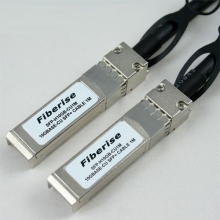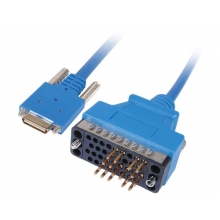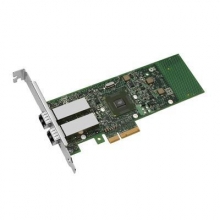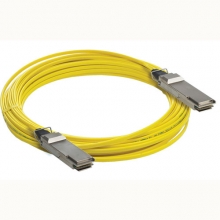- Optical Transceivers
- SFP+ Transceivers
- XENPAK Transceivers
- XFP Transceivers
- X2 Transceivers
- SFP Transceivers
- Compatible SFP
- 3Com SFP
- Alcatel-Lucent SFP
- Allied Telesis SFP
- Avaya SFP
- Brocade SFP
- Cisco SFP
- D-Link SFP
- Dell SFP
- Enterasys SFP
- Extreme SFP
- Force10 SFP
- Foundry SFP
- H3C SFP
- HP SFP
- Huawei SFP
- Intel SFP
- Juniper SFP
- Linksys SFP
- Marconi SFP
- McAfee SFP
- Netgear SFP
- Nortel SFP
- Planet SFP
- Q-logic SFP
- Redback SFP
- SMC SFP
- SUN SFP
- TRENDnet SFP
- ZYXEL SFP
- Other SFP
- FE SFP
- GE SFP
- OC3 SFP
- OC12 SFP
- OC48 SFP
- Copper SFP
- CWDM SFP
- DWDM SFP
- BIDI SFP
- Fiber Channel SFP
- Multi-Rate SFP
- SGMII SFP
- Compatible SFP
- GBIC Transceivers
- Passive Components
- Networking
- Cables
- Equipments
- Tools
- Special Offers


Demand for spectrum in the US
In the United States, more of the broadcast spectrum was needed for wireless broadband Internet access, and in March 2009, Massachusetts Senator John Kerry introduced a bill requiring a study of efficient use of the spectrum.
Later in the year, the CTIA said 800 MHz needed to be added. David Donovan of The Association for Maximum Service Television said the 2 GHz band, allocated for mobile satellite service, was not even being used after ten years, and switching to this band would be better than asking broadcasters to give up even more. Because of the digital transition, television had lost 100 of its 400 MHz.The National Association of Broadcasters and the AMST commented to the FCC that the government should make maximum use of this newly available spectrum and other spectrum already allocated for wireless before asking for more, while companies that would benefit asked the government to look everywhere possible.Many broadcasters objected.
Meredith Attwell Baker, the newest Republican FCC commissioner, agreed that properly using the existing spectrum was important, and part of doing this was using the latest technology. The wireless industry needed more spectrum, both licensed and unlicensed.
FCC broadband advisor Blair Levin wanted a plan by February 2010.Another proposal was "geo-filtered WiMAX", which would allow HDTV but only in a particular market, with the remainder of the spectrum sold for $60 billion. WiMax would replace the existing services but would make MVPD services cheaper, while still allowing broadcasters to make more money. The additional spectrum made available could then be sold to pay the industry's debt.
An FCC workshop on November 23, 2009 produced several ideas. Virginia Tech professor Charles Bostian said sharing should be done, but not in the white spaces; WiFi spectrum should be used instead. Vint Cerf of Google said cable companies could share some spectrum, which the companies would like to do except they have "must-carry" rules that will not allow this. BBN Technologies chief engineer Chip Elliott called for government-funded broadband to be shared by researchers. Collaboration was the key to advancing the technology, and the word "collaboratories" referred to broadband as "not only the goal of the research, but the vehicle as well."



















































